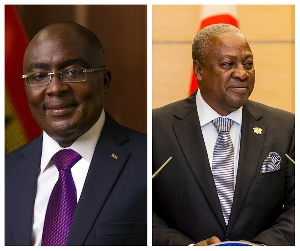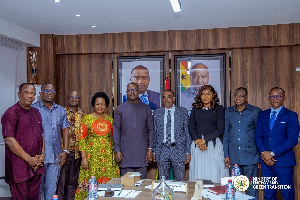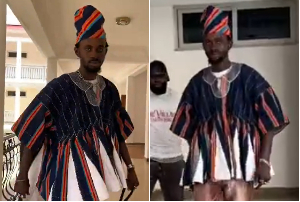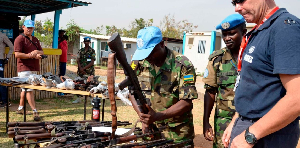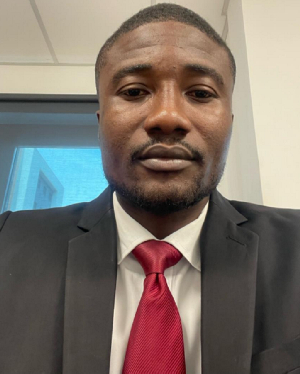The 2024 election in Ghana presents a complex and dynamic political landscape, shaped by regional loyalties, shifting voter allegiances, and the influence of key policies. This analysis explores the key dynamics that will likely play a decisive role in the election and determine the chances of winning by either the National Democratic Party (NDC) or the National Patriotic Party (NPP).
The regional dynamics in the upcoming election will play a significant role in shaping the outcome. The Northern regions, based on political allegiance, will likely be hotly contested, as both major parties are fielding candidates native to the area. This creates a situation where, regardless of the outcome, the margin of victory in the region will likely be narrow. The Northern vote could therefore prove crucial in determining the final result.
Furthermore, for the first time, the Volta Region could record up to 20% of the vote in favour of the NPP, largely due to Bawumia’s perceived appeal as a non-Akan candidate. There is a growing awareness within the Volta Region that the NDC has historically misled its constituents, as seen in the voting patterns of the Hohoe Constituency. This sense of disillusionment may further erode the traditional stronghold of the NDC in the region.
The Ashanti Region, known as an NPP stronghold, could deliver a decisive blow if it provides between 75-80% of its votes to the NPP. This high percentage would translate to approximately 1.5 million votes, which could offset deficits from other regions. Coupled with the Eastern Region’s traditionally strong support for the NPP, these regions together form a formidable voting bloc that could tilt the balance toward the NPP. Additionally, the NPP is likely to secure victories in the North East, Ahafo, and Western Regions.
However, the Greater Accra Region will emerge as the true battleground in the 2024 election. Both Bawumia and Mahama have recognized this, focusing significant campaign efforts in Accra. For the NDC to remain competitive, they must secure a victory in Greater Accra with a margin of 300,000 to 500,000 votes. If they fail to achieve this, and if the NPP performs well in both the Ashanti and Eastern Regions, the NDC's path to victory becomes increasingly narrow. While regions such as Central, Western North, Oti, Bono East, Brong Ahafo, and Upper West/East will likely lean toward the NDC, the margin of victory in these areas will need to be significant. The NDC must ensure they dominate in these regions to offset any losses in NPP strongholds.
Another key dynamic in this election is the presence of a Muslim candidate running against a Christian candidate. If Muslim voters decide to align with Bawumia, this could shift the political landscape in an unprecedented manner particularly when no Muslim President has ever been recorded in Ghana's political history. Between now and December 7th, Muslim communities could consolidate their votes and potentially swing the election in favour of the NPP. Should this happen, the NDC may face significant losses, particularly in areas where Muslim populations hold substantial influence.
Besides, the NDC is also struggling to connect with floating voters. They have not convincingly demonstrated how they will rectify what they claim the NPP has mismanaged. If they fail to clearly outline their plan and policies, voter apathy could become a significant factor, affecting both the NDC and the NPP. Apathy could result in lower turnout, which may be particularly detrimental to the NDC if they cannot mobilize enough voters to make up the difference in contested regions.
One final but critical point is the Free Senior High School (SHS) policy, a grassroots initiative that has resonated deeply with rural communities. There is widespread debate among village voters about whether Mahama intends to maintain or abolish this policy, and the NDC's attempts to clarify his stance have been met with skepticism. If rural voters believe the policy is at risk under Mahama’s leadership, many may continue to support the NPP despite the economic hardships.
In conclusion, while the NDC could potentially win the 2024 election, they must exercise caution and avoid overconfidence. The political landscape is unpredictable, and any miscalculation could cost them the election. A strategic and careful approach is essential, as unexpected shifts could once again deliver an outcome that leaves the NDC on the losing side. With these dynamics at play, both the NPP and NDC must carefully navigate the electoral terrain to secure victory.
Opinions of Tuesday, 24 September 2024
Columnist: Isaac Ofori

